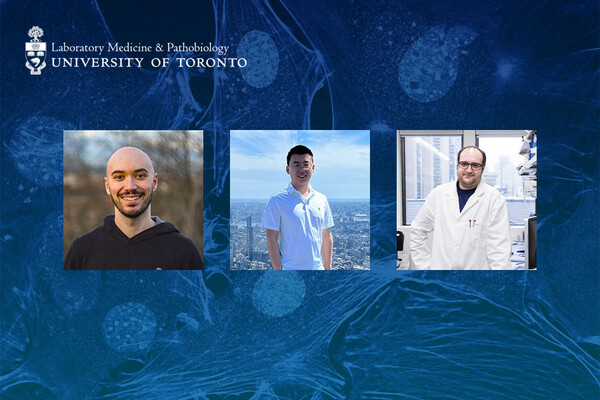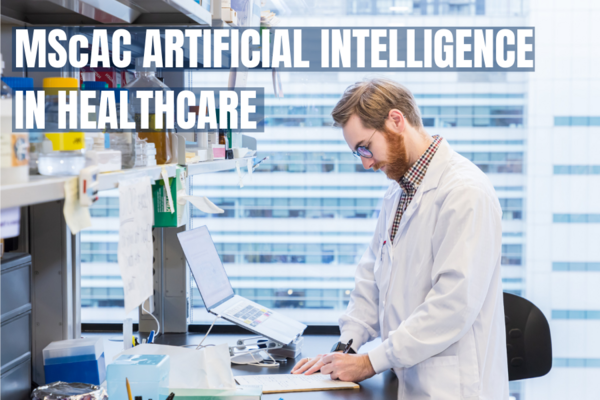Main Second Level Navigation
Nov 2, 2022
Using voice to diagnose disease: collaboration uses machine learning to aid diagnostics
Research: Artificial Intelligence in healthcare, Impactful research, Disruptive Innovation, Dynamic Collaboration

Dr. Jordan Lerner-Ellis (left) and Dr. Frank Rudzicz (right)



